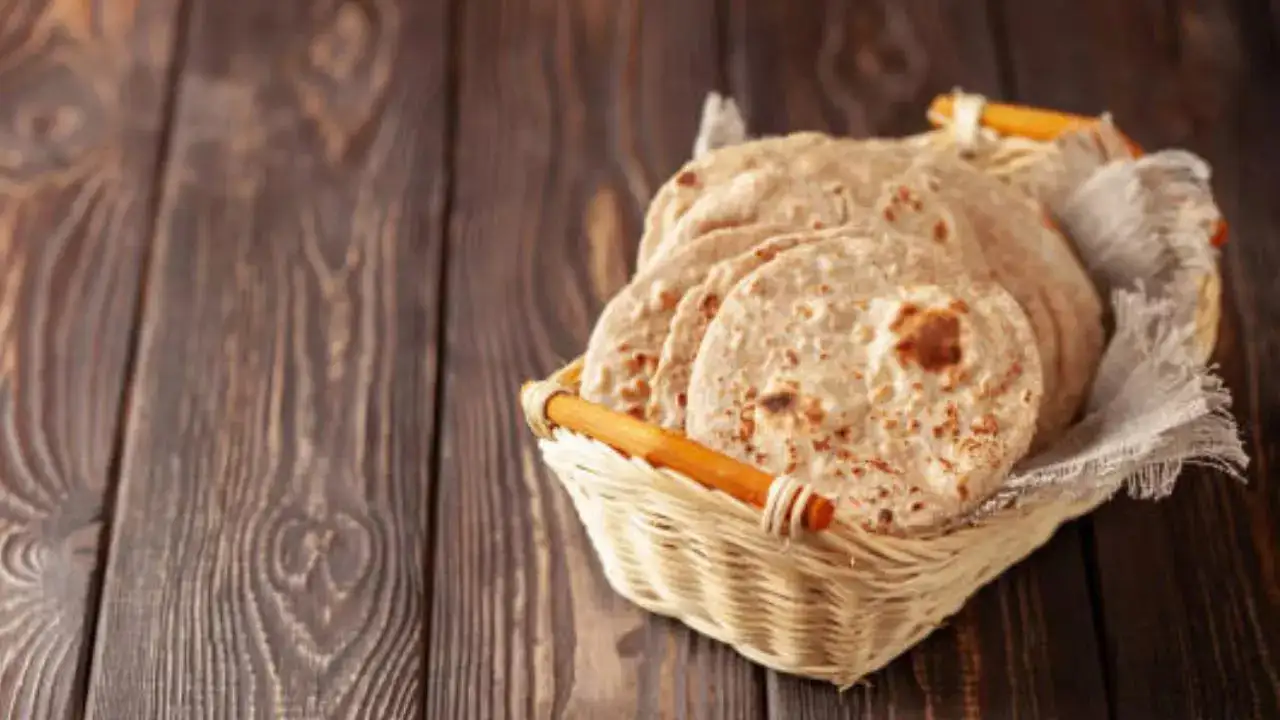
A sudden lack of carbs will make you lose weight
In an Indian diet, rotis play a major role as most people eat them for either lunch or dinner. In many households, rotis are also a breakfast staple – keeping you full for a longer time. However, made usually from whole wheat, rotis – also known as chapatis – is often seen as a primary source of carbohydrates. And so, what happens when such a staple food is removed from your daily intake?
Potential benefits of not eating chapatis
According to experts, removing chapatis or other carbohydrate-rich foods from your diet can initially offer a few health benefits. In the first month, you may notice that your bloating has reduced, which leads to a leaner face, giving you a lighter and more energetic feeling.
Severe carb limits can cause your body to break down fat into ketones for energy, known as ketosis. Ketosis leads to various side effects like bad breath, headache, fatigue, and weakness.
Also, if you are a major roti-eater in all your meals and you stop having it, a sudden lack of carbs will make you lose weight. Experts say it is mostly water weight at first, though. It happens mostly because cutting carbs wipes out the glycogen stores in your muscles, which helps your body retain water. You may also lose some salt along with the carbs you cut out, and when you start to eat rotis again, the water weight will come right back.
Long-term effects of not eating rotis
If you do not eat rotis or other carbs for a long time, due to insufficient external carbohydrate sources, your body will begin to break down protein to derive energy, leading to muscle loss instead of fat loss. It eventually slows down metabolism, making weight loss more challenging and causing the dreaded ‘weight plateau.’
Also, since you will be low on fibre due to the elimination of roti, you may have various digestive issues like constipation, trapping of gas in your digestive tract, and recurrent stomachaches. If you stay well-hydrated and get enough electrolytes, your symptoms might not be as serious or last as long.
Not eating rotis can also lower your blood sugar levels, especially in those who have diabetes. But in true ketosis, doctors say hypoglycemia is a big risk factor. It happens when your blood sugar dips too low, and the only go-to treatment is to have 15 grams of carbs to raise it. If it is still too low after 15 minutes, you will need another 15 grams. If you have diabetes, check your sugars often and know that you may need to adjust your medications while on this diet.
How can you maintain a balanced diet?
Experts say it is important to maintain a balanced diet even when you strike off carbohydrates from your diet, and so proper and thoughtful planning is required. Make sure to add all macronutrients like proteins, fats, and carbohydrates, along with essential micronutrients, in your meals throughout the day. Fad diets often mostly focus on short-term results but are unsustainable in the long run.
- Eat balanced meals that include alternative sources of carbohydrates, proteins, and healthy fats.
- Make sure to exercise 30-45 minutes daily
- Ensure adequate sleep and hydration
Get Latest News Live on Times Now along with Breaking News and Top Headlines from Diet, Health and around the world.
